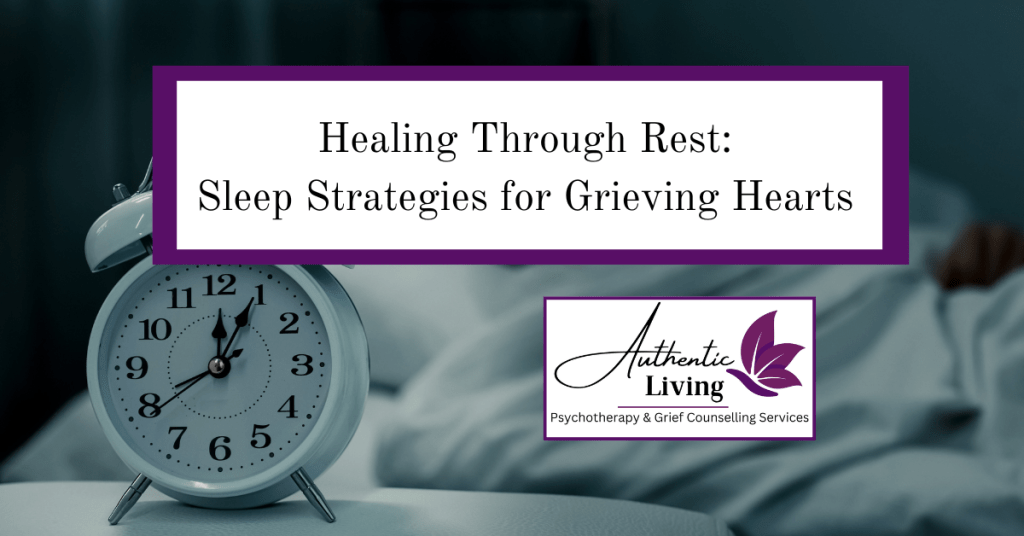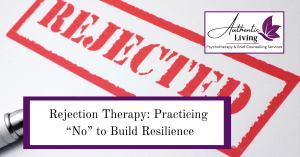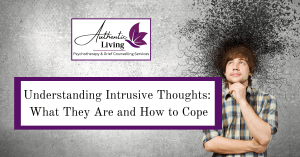Grief can feel like a heavy cloud over your heart, making it tough to find peace, especially at night. The pain of losing someone you love can keep your mind racing with memories, regrets, or worries, leaving you restless. If you’re struggling to fall asleep while grieving, this blog post offers practical strategies to help you ease into rest. We’ll share detailed tips to soothe your mind and body.
Understanding Why Grief Disrupts Sleep
Grief stirs up intense emotions—sadness, anger, guilt, or even numbness—that can flood your mind at bedtime. These feelings often trigger racing thoughts, making relaxation difficult. Grief can also cause physical symptoms like a tight chest or restlessness, disrupting your body’s natural sleep rhythm. This can lead to insomnia, broken sleep, or waking up feeling unrested. Over time, poor sleep can make coping with loss harder, creating a challenging cycle. With intentional steps, though, you can nurture better rest and support your healing. Below are comprehensive tips to help you fall asleep while grieving.
Routine and Space Transformation
Grief can disrupt sleep, but a calming routine helps signal your brain it’s time to rest:
-
Stick to a schedule – Sleep and wake at the same time daily, even on weekends.
-
Unplug early – Avoid screens 90 minutes before bed; try reading or soft music instead.
-
Relax your body – Use deep breathing or progressive muscle relaxation to unwind.
-
Sip herbal tea – Chamomile or valerian root can help ease tension (skip caffeine after 2 p.m.).
Create a space that supports rest and healing:
-
Set the mood – Keep it cool (18°C), dark, and quiet with blackout curtains and white noise.
-
Add soothing scents – Try lavender or chamomile essential oils or a calming pillow spray.
-
Prioritize comfort – Use soft bedding or a weighted blanket; move emotional triggers if needed.
-
Reserve your bed for rest – Avoid working or scrolling in bed to support healthy sleep habits.
Journaling and Physical Self-Care
Grief can fill your mind with thoughts that keep you awake. Writing them down can help release them:
-
Keep a grief journal: Spend 10-15 minutes before bed writing about your feelings, memories, or a letter to your loved one. This can reduce nighttime rumination.
-
Try guided prompts: Write responses to questions like, “What’s one memory that brings me comfort?” or “What’s one small thing I did today to care for myself?” This can shift your focus to positive moments.
-
Write without judgment: Don’t worry about grammar or structure—just let your thoughts flow freely.
Grief can drain your body, so nurturing it can pave the way for better sleep:
-
Eat sleep-friendly foods: Avoid heavy meals, spicy foods, or caffeine late in the day. Try a light snack like a banana (rich in potassium) or almonds (high in magnesium) to promote relaxation.
-
Move your body daily: Gentle exercise, like a 20-minute walk, can reduce stress and improve sleep. Avoid intense workouts close to bedtime, as they can energize you.
-
Limit alcohol and nicotine: Both can disrupt sleep cycles and intensify grief-related emotions. If cutting back is hard, consider seeking support.
-
Stay hydrated: Dehydration can worsen fatigue. Sip water throughout the day, but taper off in the evening to avoid nighttime bathroom trips.
Meditation, Grounding, and Self-Soothing Techniques
Redirecting your mind from grief to calming imagery or sounds can ease you into sleep:
-
Use meditation apps: Free apps like Insight Timer, Headspace, or Calm offer guided meditations or sleep stories designed to relax your mind. Look for grief-specific meditations that validate your emotions.
-
Listen to soothing audio: Try podcasts or audiobooks with gentle narratives, or explore nature sounds like rain or ocean waves.
-
Practice visualization: Picture a peaceful place, like a quiet forest or a beach, and focus on sensory details (e.g., the sound of waves or the feel of soft sand) to distract from intrusive thoughts.
Grounding techniques can help you feel present and calm when grief feels overwhelming:
-
5-4-3-2-1 technique: Before bed, name 5 things you see, 4 you can touch, 3 you can hear, 2 you can smell, and 1 you can taste. This anchors you in the moment.
-
Body scan meditation: Lie down and mentally scan your body from head to toe, noticing and releasing tension in each area.
-
Warm bath or shower: The warmth can relax your muscles and signal to your body that it’s time to rest.
Nighttime Anxiety and Professional Support
Grief often brings anxiety that peaks at night, making it hard to settle down. These techniques can help calm your racing mind:
-
Challenge “what-if” thoughts: When worries spiral (e.g., “What if I never feel okay again?”), gently acknowledge them and redirect your focus. Try counting backward from 100 by threes to shift your attention.
-
Use affirmations: Repeat calming phrases like, “I am safe in this moment,” or “It’s okay to rest now.” Say them slowly, focusing on the words.
-
Create a worry list: Write down anxious thoughts in your journal and tell yourself, “I’ll think about this tomorrow.” This can help you let go for the night.
-
Try a worry box: Write down your worries on slips of paper, place them in a small box, and close it. This symbolizes setting your concerns aside until morning.
-
Practice diaphragmatic breathing: Place one hand on your chest and one on your belly. Breathe deeply so your belly rises, not your chest, for 5-10 breaths. This slows your heart rate and reduces anxiety.
-
Limit overstimulation: Avoid news or intense conversations before bed, as they can heighten anxiety. Instead, listen to a calming playlist or read something light.
Sometimes, grief feels too heavy to manage alone, and professional support can make a difference. Authentic Living London offers compassionate grief therapy to help you process your loss and develop coping tools, including strategies for better sleep. Their skilled therapists create a safe space to explore your emotions.
If you think you need sleep aids to help with persistent insomnia, talk to a doctor first. They can assess your needs and recommend safe options that won’t interfere with your grief journey or other medications.
Be Gentle With Yourself
Grief doesn’t follow a set timeline, and sleep struggles may come and go. Practice self-compassion:
•Don’t force sleep: If you’re awake after 20 minutes, get up and do a calming activity (like reading or sipping tea), then try again.
•Track small wins: Use a sleep app or notebook to note improvements, like sleeping an extra hour or feeling slightly more rested.
•Accept tough nights: Some nights will be harder. Remind yourself that each night is a fresh chance to rest
Grieving is a deeply personal journey, and finding ways to fall asleep can feel like a small but powerful step toward healing. From creating a soothing routine to managing nighttime anxiety and seeking support from Authentic Living London, you have tools to find rest amidst your pain. For London, ON, residents, combining self-care with professional grief therapy can light the way to better sleep and emotional peace. Take it one night at a time—you’re not alone in this.
You Don’t Have to Navigate This Alone
For those seeking personalized support, Lizanne Hills, a therapist at Authentic Living London, specializes in grief counseling and is a certified neurodivergent specialist. Lizanne offers a compassionate, tailored approach to help you navigate the complex emotions of grief, including strategies to improve sleep. Her expertise in neurodivergence ensures that those with unique cognitive or emotional needs receive inclusive, understanding care.
Contact Authentic Living London to connect with Lizanne and explore how her guidance can support your healing journey.

Lizanne Hills
Registered Psychotherapist -Qualifying Addictions Certificate
Areas of Focus: Grief, Addictions, Family Therapy, Couples Therapy, Trauma/PTSD, Children’s Grief, Autism Spectrum Disorder, Life Transitions





